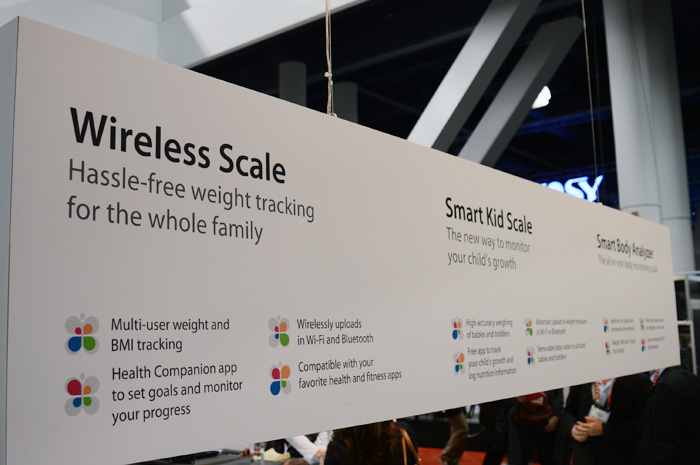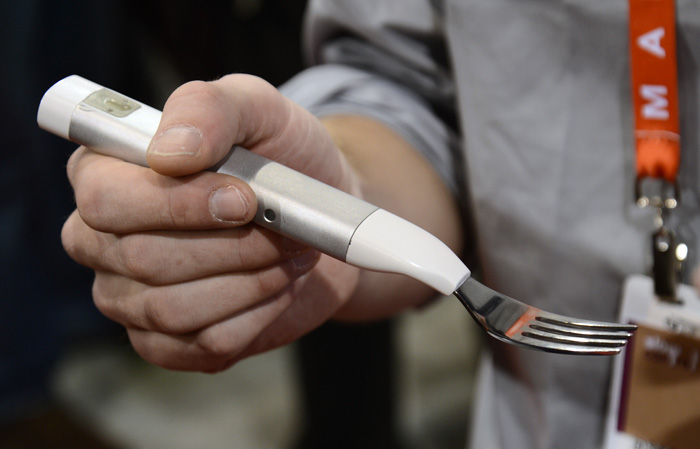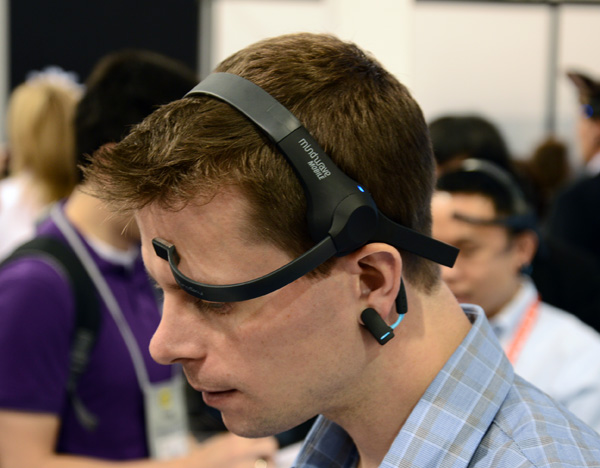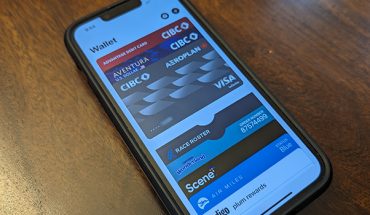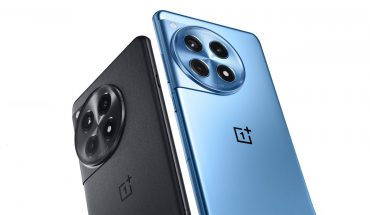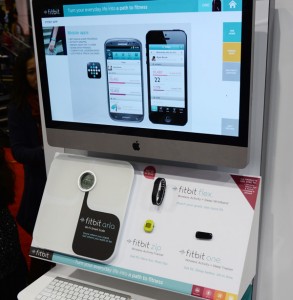 The public’s increasing focus and awareness over health goes back at least the last five years, but the consumer tech industry was slow to adapt to changing attitudes. Until now, at least. The number of companies, gadgets and apps designed to help people in almost every facet of their physical and mental well-being is continually growing, and this year will likely cast a big spotlight on all of them as a whole.
The public’s increasing focus and awareness over health goes back at least the last five years, but the consumer tech industry was slow to adapt to changing attitudes. Until now, at least. The number of companies, gadgets and apps designed to help people in almost every facet of their physical and mental well-being is continually growing, and this year will likely cast a big spotlight on all of them as a whole.
The annual Consumer Electronics Show (CES) held in early January in Las Vegas sometimes sheds light on what may be a trend in consumer tech, so it’s not surprising that health and fitness were particularly noticeable at the show 10 days ago, as well as last year, too.
The premise behind this marriage of health and technology seems to have the right purpose from the start. After all, technology has made a huge contribution to advances in science and medicine that we may now take for granted on a visit to a clinic or hospital. Apple hasn’t been shy to point out that iPads running medical apps have been a boon for doctors and surgeons. Even at a tertiary level, there are apps to help you understand the human body, YouTube videos with exercise routines and websites devoted to a healthier lifestyle.
Essentially, consumer health and wellness is becoming big business because the demand for tech-based solutions helps fuel it. Much of this started initially with small gizmos or modules that could track your daily movements and measure how many calories you burned based on things like your weight, height and activity level. The data could then be synced to a cloud-based platform and even compared with friends using the same product. It was a unique way of building expectations and assessing results, and it only became more and more relevant as mobile devices could read the data in real-time.
The whole concept of “tracking” has gone beyond just burning calories. Now, there are goals to reach, workout routines to meet them and food intake apps to better gauge what might get in the way in achieving them.
In some respects, Nintendo’s Wii Fit video game and balance board helped draw in casual consumers to some of these things. Here was a video game that forced you to move to play, and it offered easy to follow routines and exercises. It measured your body mass index and tried to steer you on the right path towards a healthier lifestyle at home.
Except that it didn’t know what food you were eating. None of the tracking devices really did. Exercising to induce buckets of sweat isn’t going to be fruitful if your diet piles on calories and fat that would be difficult to burn.
The slew of devices that came to market in 2012, along with those destined for launch this year, are going to drive the health and fitness tech trend even further. A big reason for that is going to come down to the simple matter of choice. It would be one thing if only a few vendors were venturing into this space, but that number will easily multiply in Canada this year.
Look at what’s available already. Nike’s Fuelband and Jawbone’s Up are both wristbands that track burned calories at all times. Withings has had a smart weight scale that syncs information over to a mobile app. Motorola’s MotoACTV unit that doubles as a wristwatch can track almost an entire workout regimen. Lose It! has long been a popular smartphone app for monitoring what you actually eat and what you can cut out to trim some fat. It can also be argued that POV action cameras like, GoPro, Contour, Ion and others are an extension of the health trend because they entice people to be active outdoors.
And the list goes on. Even at CES, there was a whole section of the show floor devoted to health and fitness tech. Companies like Fitbug, Fitbit, Omron, BodyMedia and Ideal Life were among dozens of others that focused on improving health and wellness through the use of devices that play with smartphones and tablets. Withings also has a baby scale and blood pressure monitor, just like iHealth does.
Then there’s the Hapifork, a gimmicky eating utensil that vibrates softly to remind you that you may be eating too fast. As they say, the slower you eat the better your digestion and the more your body burns through. This was arguably the most publicized health-related gadget at the show, and yet, it was probably the silliest, too.
The brainwave scanners at the show, however, were not. Neurosky and Toronto-based Interaxon are two companies working on headbands that can measure your brain’s activity and visualize it on a computer to help you better understand what it’s doing under certain circumstances. Whether you feel stressed or anxious, there should be some empirical data to monitor that. The headband may not tell you why, but it can tell you when and how.
Even a tech giant like Samsung got into the mix with an exercise bike that interacts wirelessly with a TV. Watching a show, a pop up in the corner can tell you how many calories you’ve burned and distance travelled. You can play games that make you peddle at different speeds and force you to angle side-to-side to avoid obstructions. This is supposedly coming to market this year, but no word yet on when.
All of this makes clear that at least for 2013, consumer health tech will be an ongoing trend. How lasting some of these gadgets will be is hard to say because the bandwagon is likely to fill up as the months go by.

